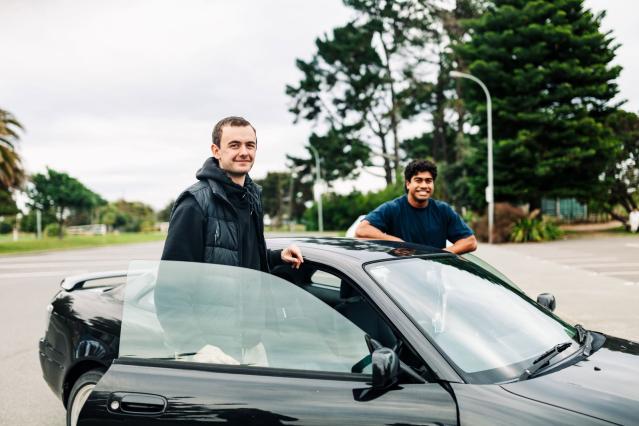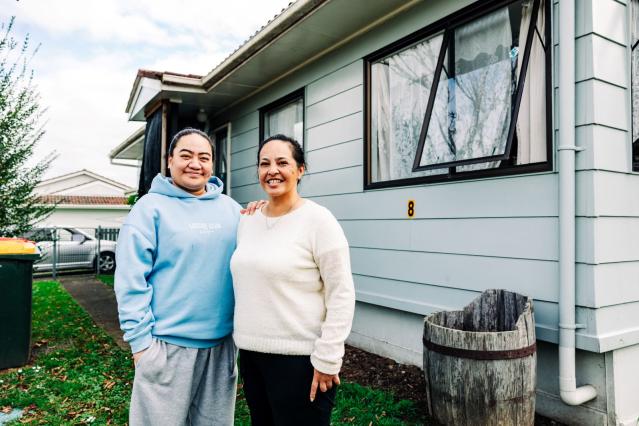Smokefree homes and cars
Smokefree homes and cars are healthier environments for our tamariki. Learn about what you can do to protect whānau and future generations from smoking.

Keeping our tamariki healthy
Smoking around tamariki (children) and rangatahi (young people) is harmful to their health.
The toxins in tobacco smoke can be absorbed into carpets, curtains, furniture and clothing. Toxins remain for weeks. This means that people inside your house or car will keep breathing them in.
There is lots of evidence about the harms of secondhand smoke:
- Children who are exposed to secondhand smoke are more likely to develop illnesses such as chest infection, glue ear and asthma.
- Exposure to secondhand smoke increases the risk of Sudden Unexpected Death in Infancy (SUDI).
- Young people who have whānau or friends who smoke are more likely to become smokers.
- Younger children and babies are especially vulnerable to the effects of secondhand smoke exposure due to their smaller lungs and higher respiratory rate (they breathe faster), and because their immune systems are still developing.
Read more about the health effects of secondhand smoke.
Make your home smokefree
By keeping your home smokefree, you are making a powerful statement that smoking is not for you or your whānau. Adults can role model that smoking isn’t a normal part of life. When smoking isn’t normal at home, our tamariki and mokopuna will be less likely to start to smoke.
Some tips to keep your home smokefree:
- Keep cigarettes, lighters and reminders like ashtrays safely away from children.
- Ask your whānau or anyone who visits to support you by not smoking in the house.
- You can put Smokefree/Auahi Kore stickers on your windows to show others that you have a smokefree home.
This free guide has more information about making your home and car smokefree. You can also order free Smokefree and Auahi Kore stickers for your home and car.

Make your car smokefree
Children can’t get away from the smoke in your car. Opening or winding down the window will not remove all the poisons in secondhand smoke. The poisons will stay in your car long after the smoke and smell have disappeared.
Here are some things that can help you keep your car smokefree:
- Agree with the whānau that your car is always smokefree for everyone.
- Clean out the ashtrays and remove the lighter from your car.
- Display Smokefree/Auahi Kore stickers to show you mean business!
Choosing to drive smokefree can be tough at first, but it gets easier. You can try:
- swapping your smokes for chewing gum
- turning up the tunes
- sipping a drink
- putting your smokes out of sight in the glovebox.
The law and smoking and vaping in cars
It is illegal to smoke and vape in a vehicle that has people under 18 years old in it.
The Smoke-free Environments (Prohibiting Smoking in Motor Vehicles Carrying Children) Amendment Act 2020 applies to all motor vehicles, regardless of if they are moving or not.
Smoking or vaping in a vehicle with a child inside may result in a $50 fine, or a court can ask for fine of up to $100.
Related information
Smokefree legislation
Find out more about what laws we have around smokefree environments.
Smokefree in our community
More tips on how to keep the spaces around you and your whānau smokefree.
Your journey to quit
Quitting smoking can be challenging, but there are services and advice available for anyone who wants to get started.